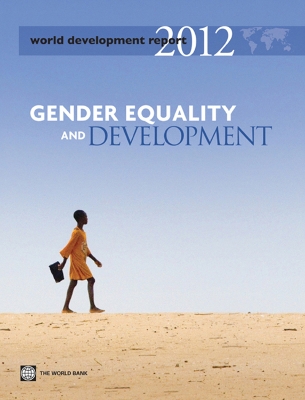The main message of this year's World Development Report: gender equality and development is that these patterns of progress and persistence in gender equality matter, both for development outcomes and policy making. They matter because gender equality is a core development objective in its own right. But greater gender equality is also smart economics, enhancing productivity and improving other development outcomes, including prospects for the next generation and for the quality of societal policies and institutions. Economic development is not enough to shrink all gender disparities-corrective policies that focus on persisting gender gaps are essential. This report points to four priority areas for policy going forward. First, reducing gender gaps in human capital-specifically those that address female mortality and education. Second, closing gender gaps in access to economic opportunities, earnings, and productivity. Third, shrinking gender differences in voice and agency within society. Fourth, limiting the reproduction of gender inequality across generations. These are all areas where higher incomes by themselves do little to reduce gender gaps, but focused policies can have a real impact. Gender equality is at the heart of development. It's the right development objective, and it's smart economic policy. The World Development Report 2012 can help both countries and international partners think through and integrate a focus on gender equality into development policy making and programming.
- ISBN13 9780821388105
- Publish Date 30 September 2011
- Publish Status Active
- Publish Country US
- Imprint World Bank Publications
- Format Paperback
- Pages 300
- Language English
